Infection Biology
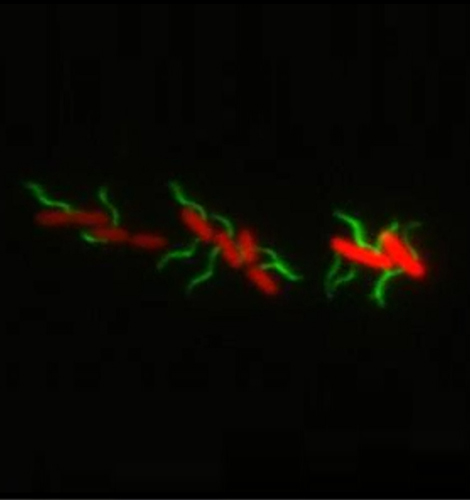

Molecular Microbiology
Head: Prof. Marc Erhardt
Bacteria use a complex macromolecular machine, the so-called flagellum, to move in liquid environments. Flagella-mediated motility is also important for the pathogenicity of many pathogens such as Salmonella. We employ genetic engineering, biochemistry and fluorescent microscopy techniques to understand the regulation, self-assembly and protein export mechanisms of this fascinating nanomachine.


Microbial Synthetic Biology
Head: Dr. Gita Naseri
We are dedicated to developing a synthetic biology toolbox for bacteria, fungi, and yeast, to understand cellular function and harness the potential of cells for metabolic engineering and sustainable manufacturing.
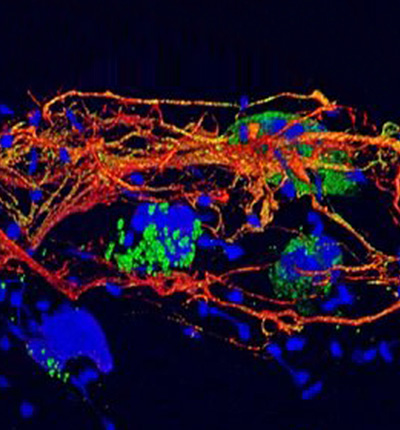

Cellular Microbiology
Head: Prof. Arturo Zychlinsky
Chromatin evolved to have an immune function in eukaryotes. Neutrophils, the most abundant white blood cell in humans, expel modified chromatin, called Neutrophil Extracellular Traps (NETs) to fight infections and regulate the immune system. Our department is taking various approaches to figure out the mechanism of NET formation.
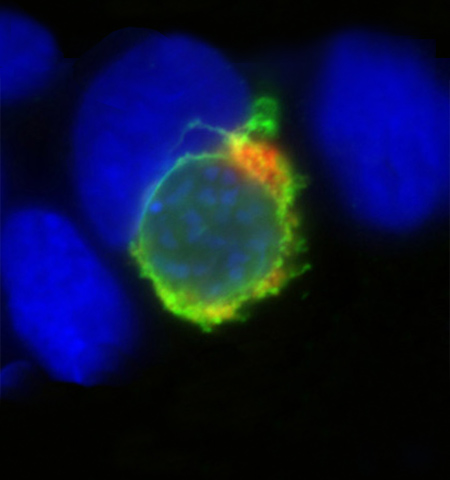

Molecular Parasitology
Head: Prof. Kai Matuschewski
Eukaryotic pathogens, e.g. protozoa and helminths, are integral parts of ecosystems, and >50% of all recent animals adopted a parasitic life style. A molecular understanding of the mechanisms that drive arthropod-borne transmission, parasite stage conversion, and immune evasion are central for innovative evidence-based strategies for drug and vaccine development.
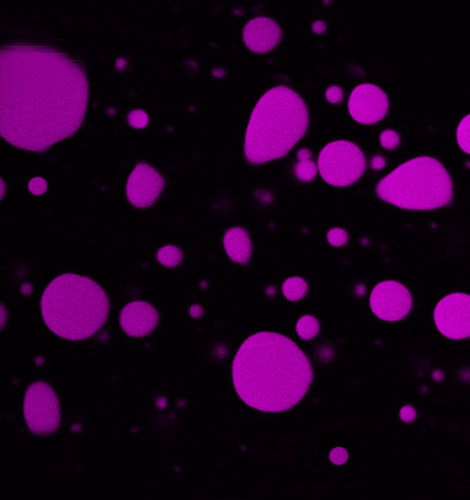

Molecular Genetics
Head: Prof. Christian Schmitz-Linneweber
We are investigating the genetic and molecular basis of nuclear-organellar interactions in plants and apicomplexan parasites. Specifically, we study novel eukaryotic RNA binding proteins used by the cell to manipulate chloroplast and mitochondrial RNAs - essential processes for setting up the respiratory chain and the photosynthetic machinery.
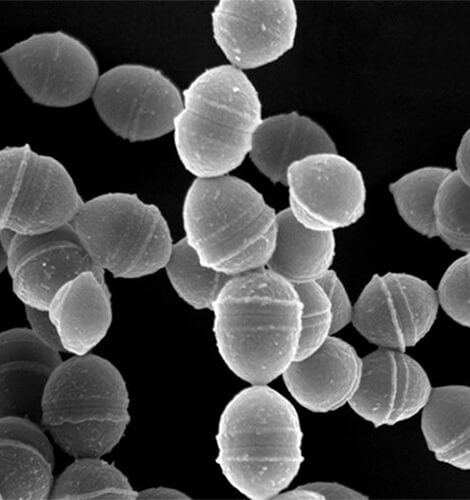

Regulation in Infection Biology
Head: Prof. Emmanuelle Charpentier
We study fundamental regulatory mechanisms in the pathogenic bacterium Streptococcus pyogenes (the source of the CRISPR-Cas9 gene editing technology). We use an interdisciplinary approach combining cutting-edge methodologies—bioinformatics, omics, genetics, molecular biology, structural biology, biochemistry, physiology, and cell infection—to identify new molecules and mechanisms and decipher their origins, functions, and modes of action at the molecular and cellular levels.
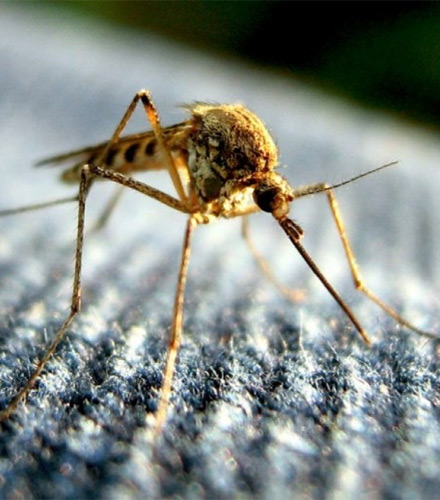

Molecular Parasitology / Canberra
Head: Prof. Alexander Maier
The Maier lab focussed on the identification of molecules involved in malaria pathogenesis and transmission. In order to elucidate the functions of these molecules we use biochemical, molecular and cell biological techniques. The long-term goal is not only to identify and develop new intervention strategies against malaria, but also to understand the underlying biological principles.
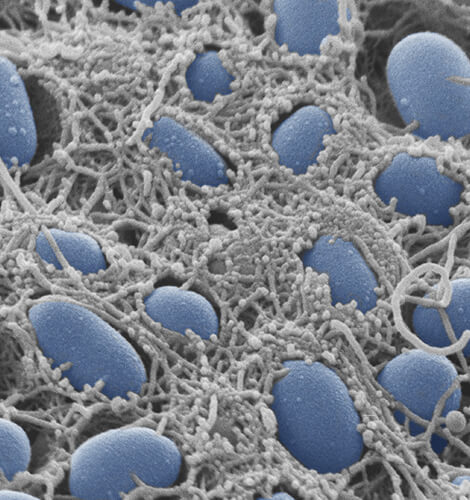

General Microbiology
Head: Prof. Regine Hengge
Research focuses on signal transduction networks and gene regulation in nutrient-limited non-growing, but highly stress-resilient bacteria and bacterial biofilms. In particular, molecular functions of second messengers such as cyclic-di-GMP in orchestrating bacterial multicellularity and its emergent properties are studied. Furthermore, we collaborate with designers, material scientists and cultural historians in interdisciplinary projects.
